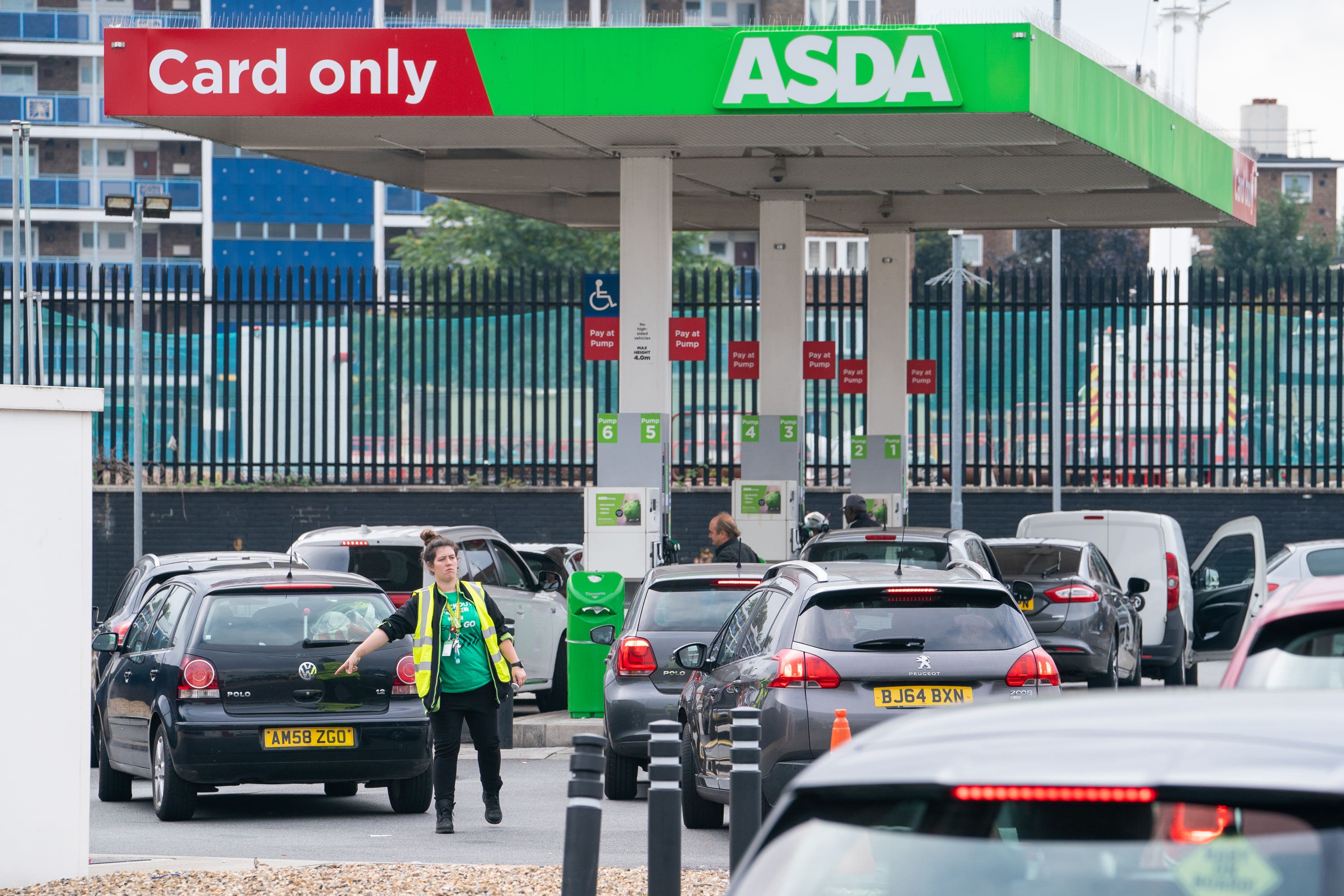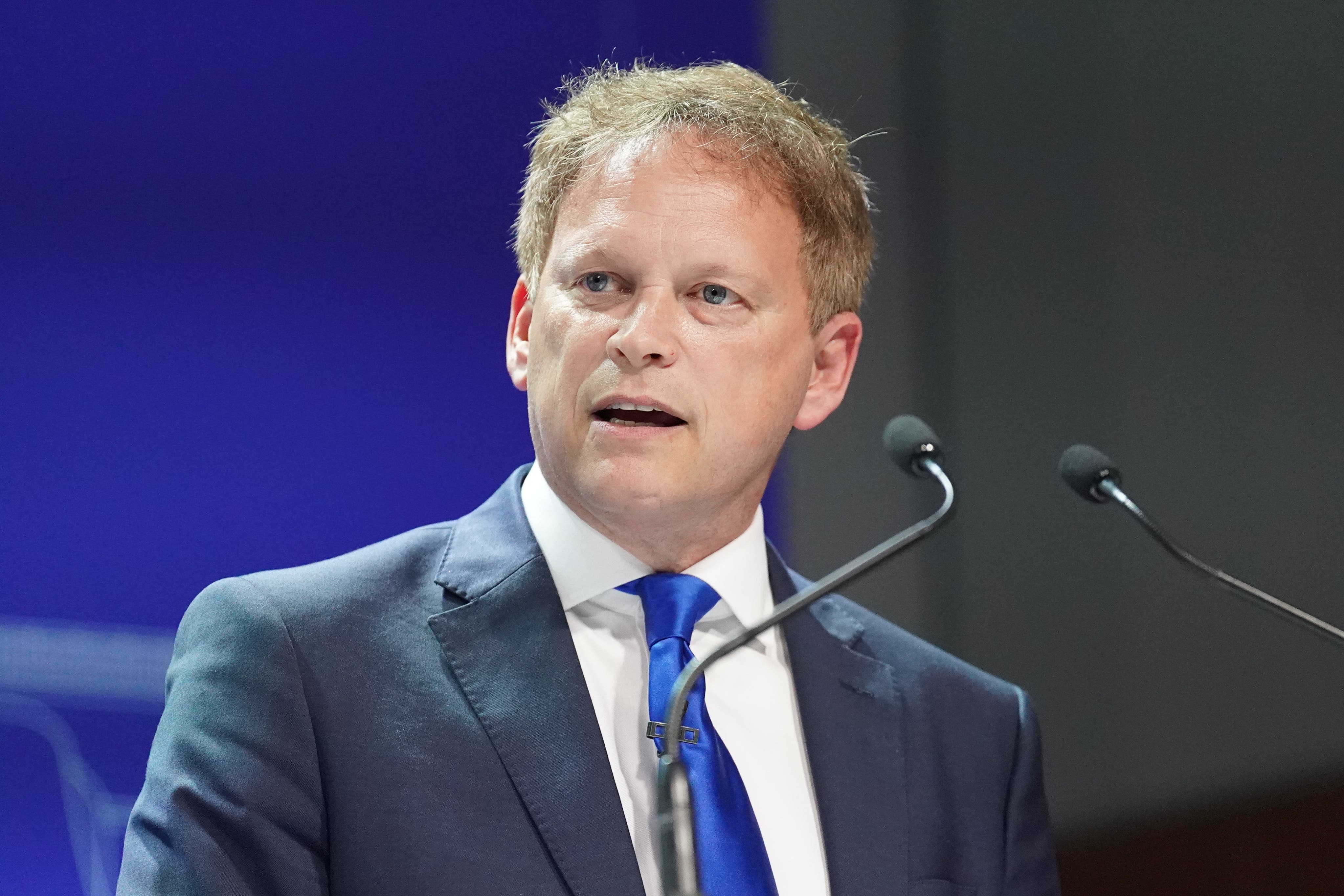Motorists forced to pay 6p a litre too much as supermarkets accused of using customers as ‘cash cows’
Government to force retailers to produce live pricing data after damning investigation into ‘rip off’ at the pumps
Your support helps us to tell the story
From reproductive rights to climate change to Big Tech, The Independent is on the ground when the story is developing. Whether it's investigating the financials of Elon Musk's pro-Trump PAC or producing our latest documentary, 'The A Word', which shines a light on the American women fighting for reproductive rights, we know how important it is to parse out the facts from the messaging.
At such a critical moment in US history, we need reporters on the ground. Your donation allows us to keep sending journalists to speak to both sides of the story.
The Independent is trusted by Americans across the entire political spectrum. And unlike many other quality news outlets, we choose not to lock Americans out of our reporting and analysis with paywalls. We believe quality journalism should be available to everyone, paid for by those who can afford it.
Your support makes all the difference.Supermarkets were accused of profiteering from “rip off” fuel prices during the cost of living crisis after a damning investigation found that drivers paid nearly £1bn too much in fuel costs last year.
Rishi Sunak’s government vowed to stop motorists being used as “cash cows” after the scathing report by the Competition and Markets Authority (CMA) found that fuel retailers had charged an extra 6p on every litre sold between 2019 and 2022.
It means drivers have been charged between £2.70 and £3.90 too much for a tank of petrol or diesel every time they filled up their vehicle at a forecourt in recent years.
Keeping prices too high to “increase margins” meant motorists paid around £900m too much at the fuel forecourts run by Asda, Tesco, Sainsbury’s and Morrisons in 2022, the CMA stated.
While the regulator found no evidence of “cartel behaviour”, the government accused the supermarkets of “using motorists as cash cows” by “jacking up prices” but refusing to pass on savings.
The AA claimed drivers were rightly “convinced” for more than a decade that pump prices “shoot up” when costs rise but fall “much more slowly” when costs decline.
Downing Street vowed to introduce new legislation forcing fuel retailers to make up-to-date diesel and petrol prices available to third parties. This is expected to lead to the creation of price comparison apps and websites, enabling drivers to find the cheapest fuel in their area.
No 10 also pledged to hand new powers to a public organisation to “closely monitor” pump prices and “alert” ministers if further intervention is needed, with a plan to launch a consultation on the measures in the autumn.
The RAC said it was “extremely pleased” that the government was taking action, while the AA said the promised changes were “better late than never” – arguing that it was “blindingly obvious” that supermarkets had been charging too much.
AA spokesperson Luke Bosdet said: “Sadly, it has taken more than 15 years for a government and competition watchdog to recognise this and do something about it. However, action that is better late than never is greatly appreciated by motorists across the UK.”

The CMA inquiry also found that an increase in margins on diesel across all fuel retailers cost drivers an extra 13p per litre during the first five months of this year. And supermarket giant Asda was fined £60,000 by the CMA for failing to provide relevant information in a timely manner.
Energy secretary Grant Shapps accused some supermarkets of “using motorists as cash cows”, adding: “They jacked up their prices when fuel costs rocketed, but failed to pass on savings now costs have fallen.”
He added: “It cannot be right that at a time when families are struggling with rising living costs, retailers are prioritising their bottom line ... We’ll shine a light on rip-off retailers to drive down prices, and make sure they’re held to account by putting into law new powers to increase transparency.”

An Asda spokesperson said the fine related to “two individual alleged technical breaches” in the way information was shared, and insisted that the company had “engaged fulsomely” with the inquiry.
CMA chief executive Sarah Cardell said competition at the pump “is not working as well as it should be and something needs to change swiftly to address this”.
She added: “This will have had a greater impact on vulnerable people, particularly those in areas with less choice of fuel stations. We need to reignite competition among fuel retailers.”
The Liberal Democrats’ Treasury spokesperson Sarah Olney said the scathing report showed that “ministers have been asleep at the wheel”, adding: “Rishi Sunak needs to crack down now on this petrol profiteering, by hauling the bosses responsible into Downing Street and holding them to account.”
Energy minister Graham Stuart said he was “shocked” by the CMA’s findings. He told the Commons: “Motorists should not be used as cash cows by the fuel industry. The government will not stand for it, and I know this house won’t stand for it.”
The CMA report urged the government to bring in a “fuel finder scheme” that would help drivers to compare prices on an app and on their vehicle’s satnav.
No 10 said the government would come forward with plans for a law to “force retailers to provide up-to-date price information, increasing transparency and competition” after the summer.
A voluntary scheme that encourages retailers to disclose prices is set to launch next month. No 10 said a similar scheme in Germany had “boosted competition”.
Chancellor Jeremy Hunt said: “It isn’t fair that businesses are refusing to pass on lower prices to protect their profits while working people struggle with balancing their budgets.” He promised to take “swift steps” to enact the CMA’s recommendations.





Join our commenting forum
Join thought-provoking conversations, follow other Independent readers and see their replies
Comments